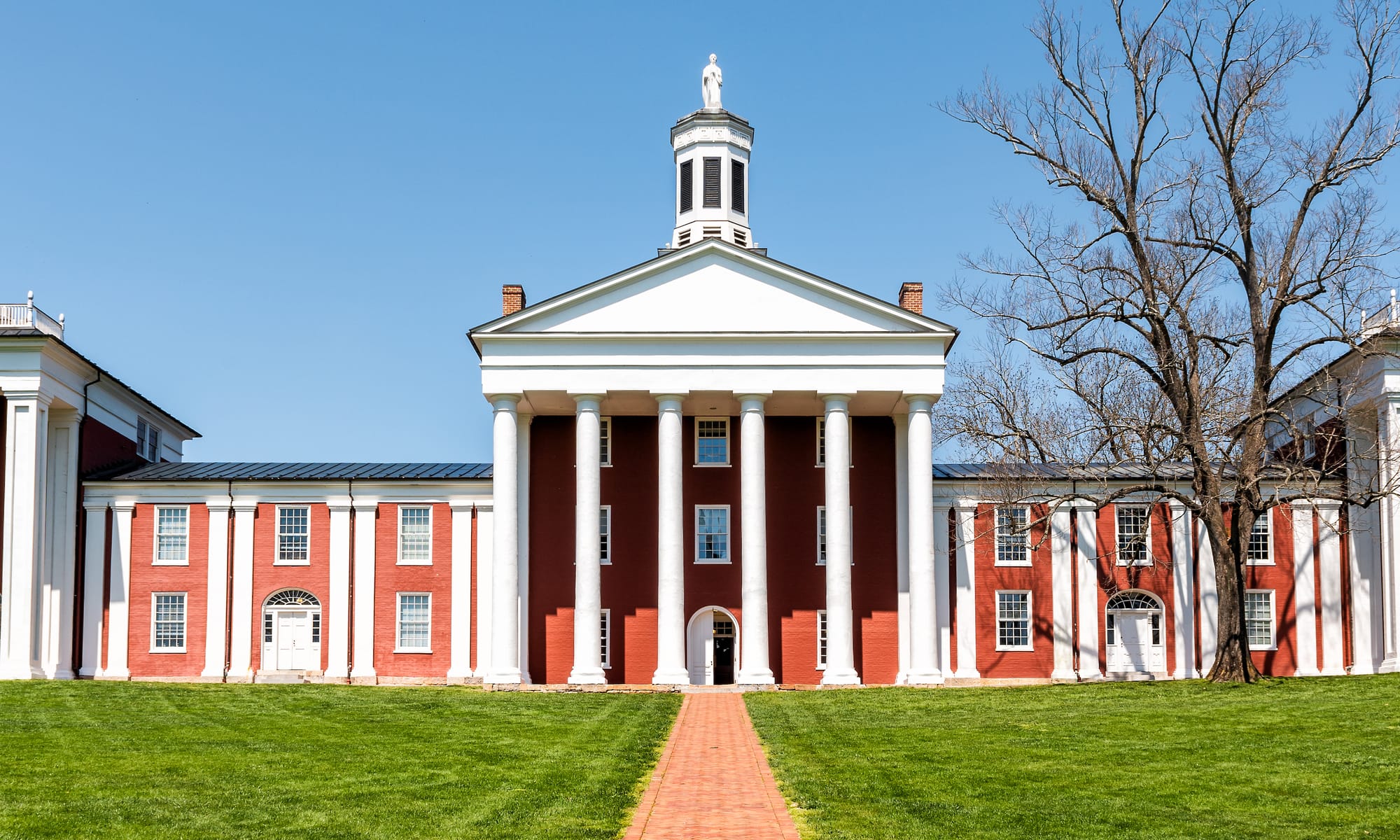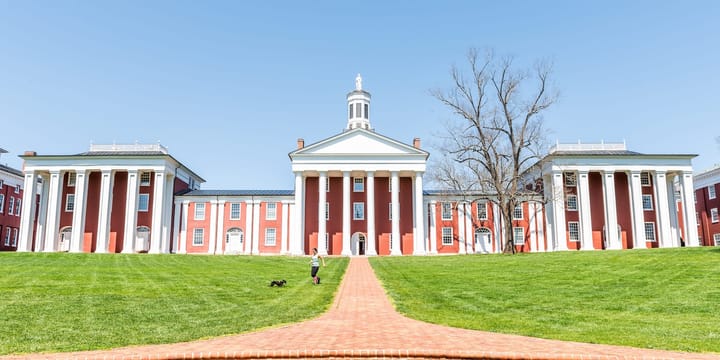Emory University caves, dismantles DEI programs amid federal pressure
Emory University announced today the discontinuation od its DEI programs, offices. Georgia’s largest private university had previously embraced diversity efforts.

Georgia's largest private Univeisty becomes the latest institution to abandon these initiatives under pressure from the Trump administration's sweeping assault on DEI efforts across higher education.
Institutional capitulation continues amidst continued federal pressure
The decision at Emory reflects a broader trend affecting universities nationwide. As President Donald Trump has systematically attacked diversity programs through executive orders, institutions nationwide have found themselves reconsidering or dismantling programs once considered essential to their educational missions.
We've written here about Brown, George Mason, UVA, and VCU, for example.
Emory Interim President Leah Ward Sears, writing to the Emory community, cited federal laws and mandates "that require higher education institutions to alter fundamentally or even close offices and programs focused on DEI." Her message emphasized compliance: "The standards are clear, and we must act accordingly."
Despite these pressures, The Washington Stand has also reported that nearly 400 colleges and universities have resisted these pressures.
Since taking office in January, Trump has issued multiple executive orders targeting DEI programs, branding them as illegal and arguing that universities "have adopted and actively use dangerous, demeaning, and immoral race- and sex-based preferences." One executive order specifically claimed these programs "can violate the civil rights laws of this Nation."
The pressure had already reached other Georgia institutions. In late February, Georgia Tech announced it was reviewing its student support programs to ensure compliance with federal mandates against DEI—a sign that the impact extends beyond individual universities to entire state systems.
The optics here are shattering
The announcement carries particular weight coming from Sears herself—a Black alumna of Emory and former chief justice of the Georgia Supreme Court who acknowledged being someone "who has reaped the benefits of the needs these programs were meant to address." She described the programs as "created with the best of intentions and staffed by talented, committed professionals."
This personal dimension underscores the complex position many university leaders find themselves in: dismantling programs they may personally value or have benefited from in response to federal pressure.
Academic freedom under siege
Emory's retreat represents more than just administrative restructuring. It signals a fundamental shift in how universities approach diversity and inclusion. The institution had previously embraced these efforts, winning the Higher Education Excellence in Diversity Award three consecutive years and maintaining an institutional statement declaring that "diversity is essential to advancing knowledge, addressing society's most pressing issues, and attending to the full spectrum of human needs."
The university's still website lists multiple offices potentially affected, including the Office for Diversity, Equity and Inclusion, the Department of Accessibility Services, and the Belonging and Community Justice group.
Including the Department of Executive Services makes one wonder about the administration's thoughts on the ADA.
The number of employees facing termination remains unclear, though Sears promised "appropriate support and assistance through the transition."
Attempting to preserve values while changing structure
Despite dismantling these programs, Sears attempted to frame the decision as structural rather than philosophical.
This language reflects the delicate balance many institutions are trying to strike. How to comply with federal mandates while maintaining their stated commitment to diversity and inclusion through other means.
To maintain academic integrity or to not
Emory's decision, following similar moves at other prestigious institutions, suggests that the Trump administration's campaign against DEI programs is achieving its intended effect. Universities that once proudly promoted these initiatives are now quietly dismantling them, fundamentally altering the landscape of higher education and potentially limiting opportunities for underrepresented students and faculty.
The question remains whether institutions can maintain their commitment to diversity and inclusion without the formal structures and dedicated personnel that DEI programs provided—or whether this represents a more fundamental shift away from these values in American higher education.
Non in cautus futuri.



